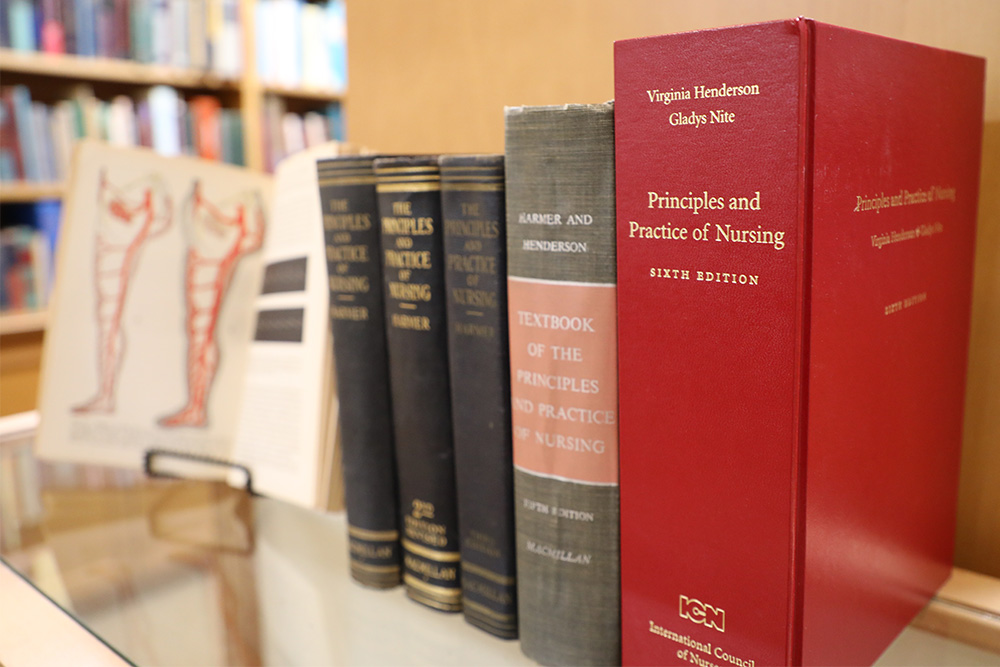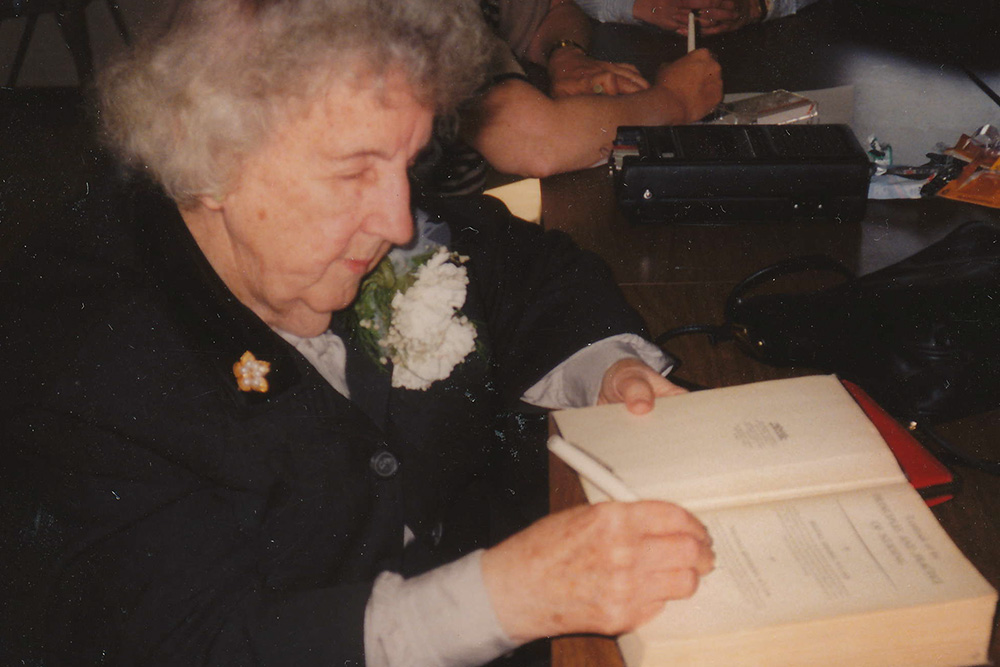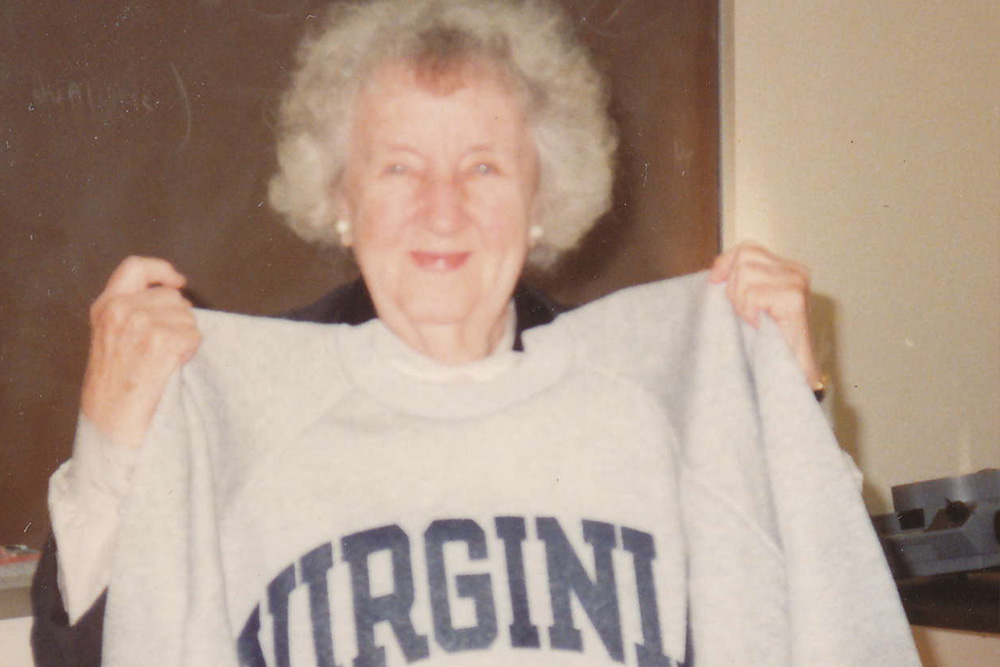
Mother of Nursing Science
Virginia Henderson—from a well-regarded family in Virginia, where she spent her childhood—helped transform American nursing education and science
Henderson chafed at nursing “as merely ancillary to medicine.” She called for nurses to be educated in baccalaureate programs where they could receive “a liberalizing education [grounded] in the physical, biological, and social sciences, and the ability to use analytic processes.”
from the mid- through the late-20th century.
As a faculty member at Columbia University’s Teacher’s College between 1931 and 1948, she was among a handful of nurse educators who challenged the traditional educational model of hospital-based diploma programs that emphasized procedure-oriented clinical training and what she called “regimentalized patient care.”
Henderson chafed at the notion of nursing as “merely ancillary to medicine.” She pushed for baccalaureate programs where student nurses could receive “a liberalizing education [grounded] in the physical, biological, and social sciences, and the ability to use analytic processes.” Henderson argued that such an expansive knowledge base would prepare nurses to be “expert and independent practitioners.” Author of the 4th, 5th, and 6th editions of The Principles and Practice of Nursing—a widely used textbook throughout the mid-20th century—she helped to standardize nursing practice.


Henderson was also a lone voice calling for nurses to engage in clinical nursing research. In 1953, after she joined Yale University School of Nursing as a research associate, she undertook a critical review of nursing research and penned a series of editorials in nursing journals that advocated for nursing-focused investigations. Her four-volume, annotated Nursing Studies Index, completed in 1972, provided a foundation for early nurse scientists doing clinical investigations. Through her research, writing, and advocacy, Henderson helped build the science of nursing and, by the late 1970s, could “rejoice and applaud” the advances in clinical nursing research.

Visit the Bjoring Center to peruse original editions of Henderson’s Principles and Practice of Nursing and her Nursing Studies Index, recently donated by Edward and Diane Halloran as part of the Virginia Henderson Textbook Collection.
Dominique Tobbell, a medical historian, is the Centennial Distinguished Professor, Eleanor Crowder Bjoring Center for Nursing Historical Inquiry director, and author of the new book Dr. Nurse: Science, Politics, and the Transformation of American Nursing (University of Chicago Press).
No tags found!
